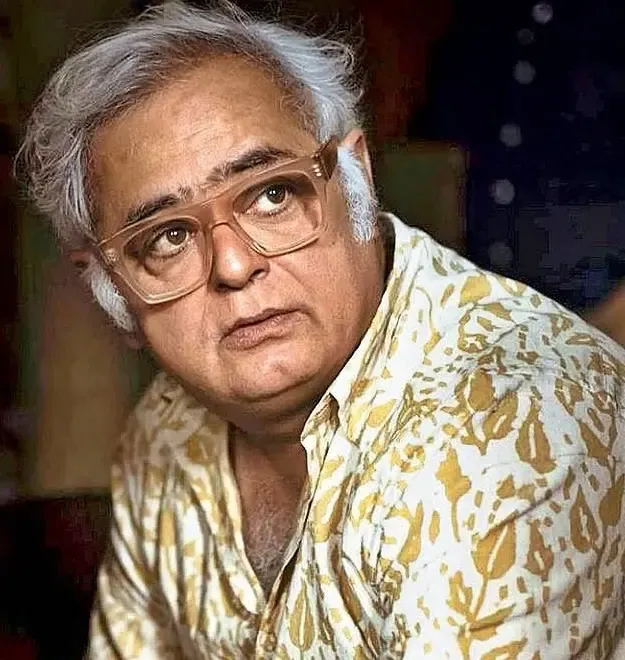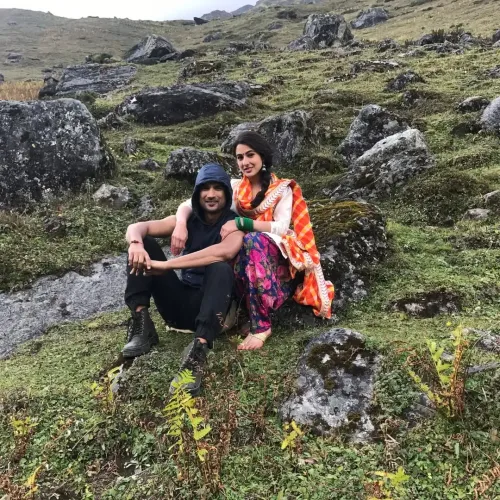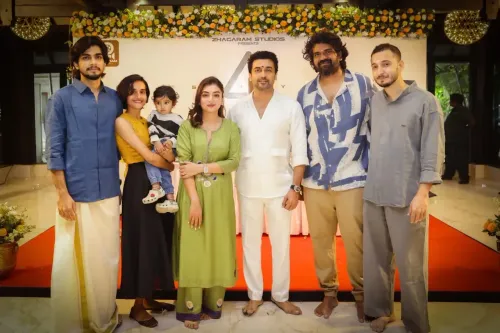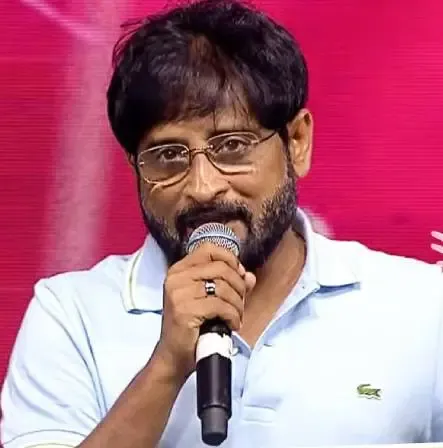What Do Hansal Mehta’s Films Reveal About the Pahalgam Attack?

Synopsis
Key Takeaways
- Hansal Mehta's films serve as societal mirrors.
- They address radicalization and state-sponsored terror.
- Confronting uncomfortable truths is crucial for healing.
- Mehta emphasizes the need for urgent conversations.
- His work reflects on the systematic breeding of violence.
Mumbai, April 28 (NationPress) Acclaimed actor and filmmaker Hansal Mehta, recognized for his works like ‘Aligarh’, ‘Shahid’, and ‘Scam 1992: The Harshad Mehta Story’, is reflecting on the recent tragic Pahalgam terror incident.
On Monday, he expressed on his Instagram that his films ‘Shahid’, ‘Omerta’, and ‘Faraaz’ transcend mere cinematic narratives, serving as societal mirrors that illustrate how terrorists are cultivated by the prevailing system.
He accompanied his post with images from these films and wrote, “I am reluctant to say this, but it needs to be reiterated. ‘Shahid’, ‘Omerta’, and ‘Faraaz’ were not simply films; they initiated crucial discussions about our current reality.”
The director emphasized that these films focus on state-sponsored terror, radicalization, and the systematic indoctrination of youth into violence.
He further stated, “The situations we portrayed in ‘Omerta’ and ‘Faraaz’ eerily resonate with the events that transpired in Pahalgam. ‘Omerta’ provided a brutally honest depiction of the dark forces that facilitate and support such dreadful acts. ‘Faraaz’ heartbreakingly illustrated how violence strikes at innocence in the name of faith. ‘Shahid’ was a call for reform, a plea to reclaim our youth before they succumb to hatred.”
He added, “During the releases of ‘Omerta’ and ‘Faraaz’, I faced scrutiny, being questioned, ‘Why this narrative? Are you targeting a community?’ The answer is no. These narratives reflect a system — a machinery of hatred and fear — that transcends faiths and borders. It is a system that thrives on division, brainwashing the young, glorifying violence, and normalizing terror.”
“It is easy and tempting to engage in moral posturing when confronted with an uncomfortable truth. But… is it truly enlightened to ignore the affliction? To avert our gaze because facing it is challenging? I consider this cowardice, and it poses a threat. We must confront this hatred — this illness — head-on. Only then can we embark on the path to healing,” he concluded.










